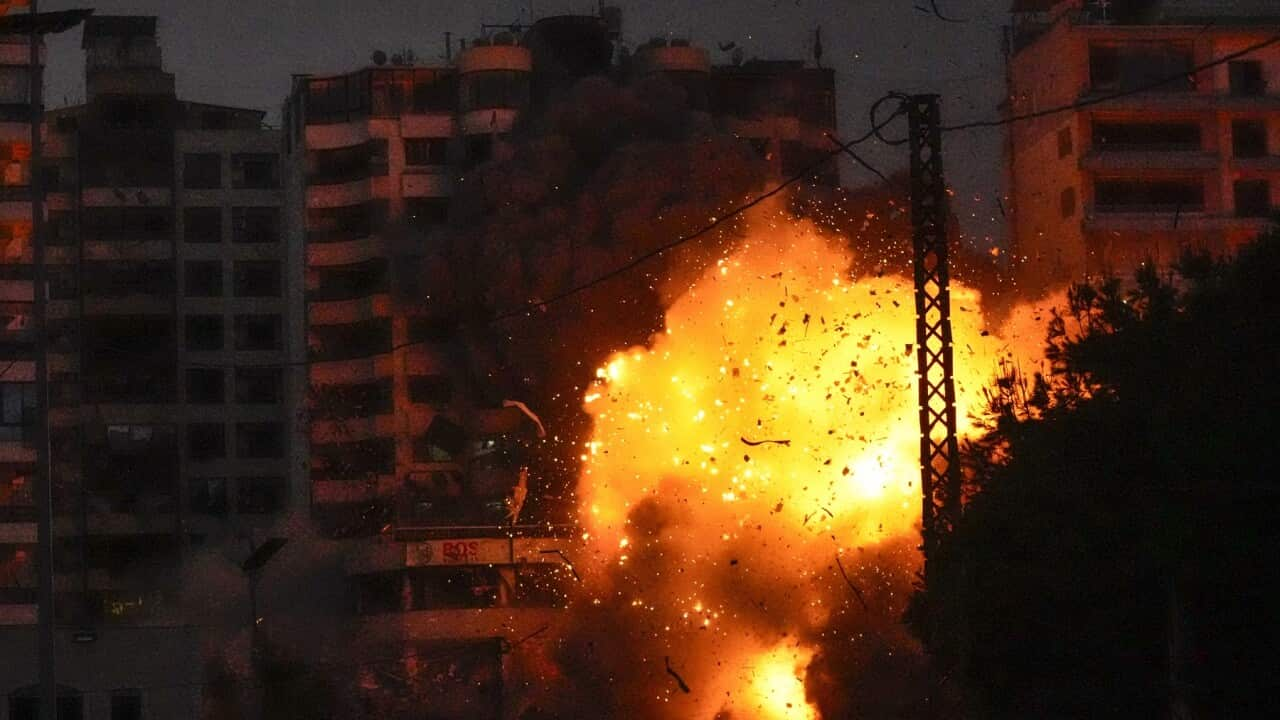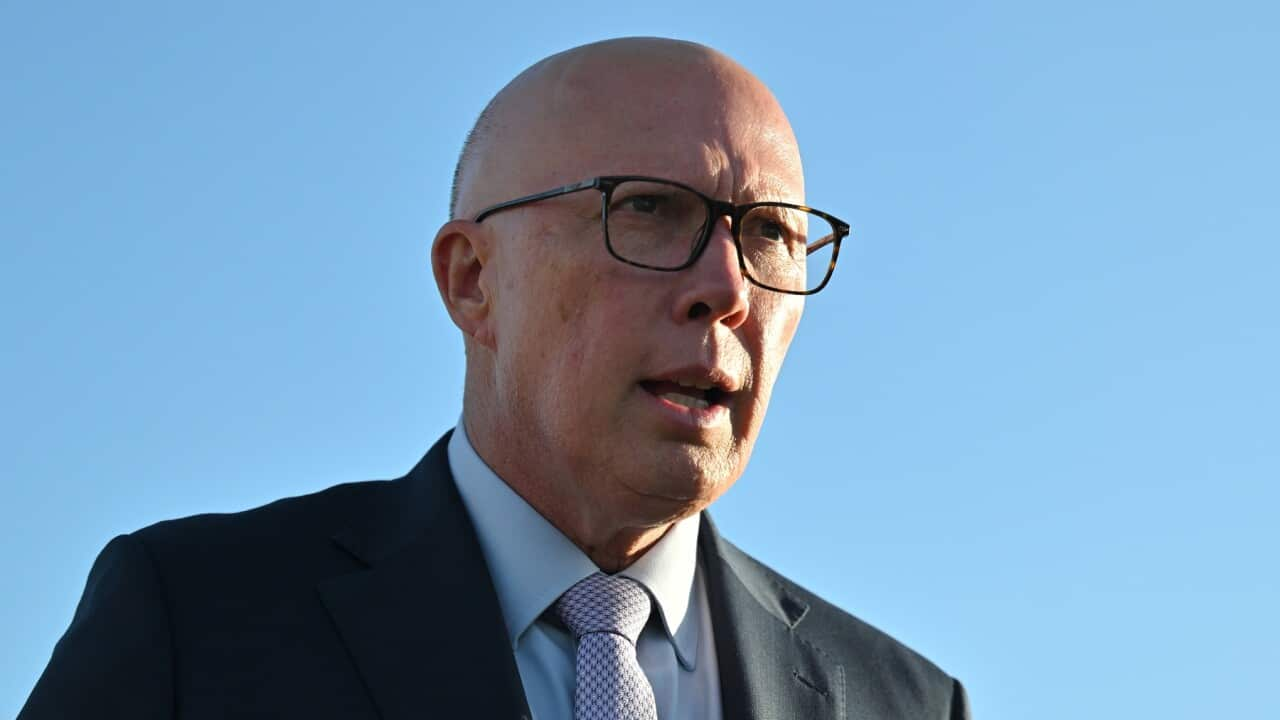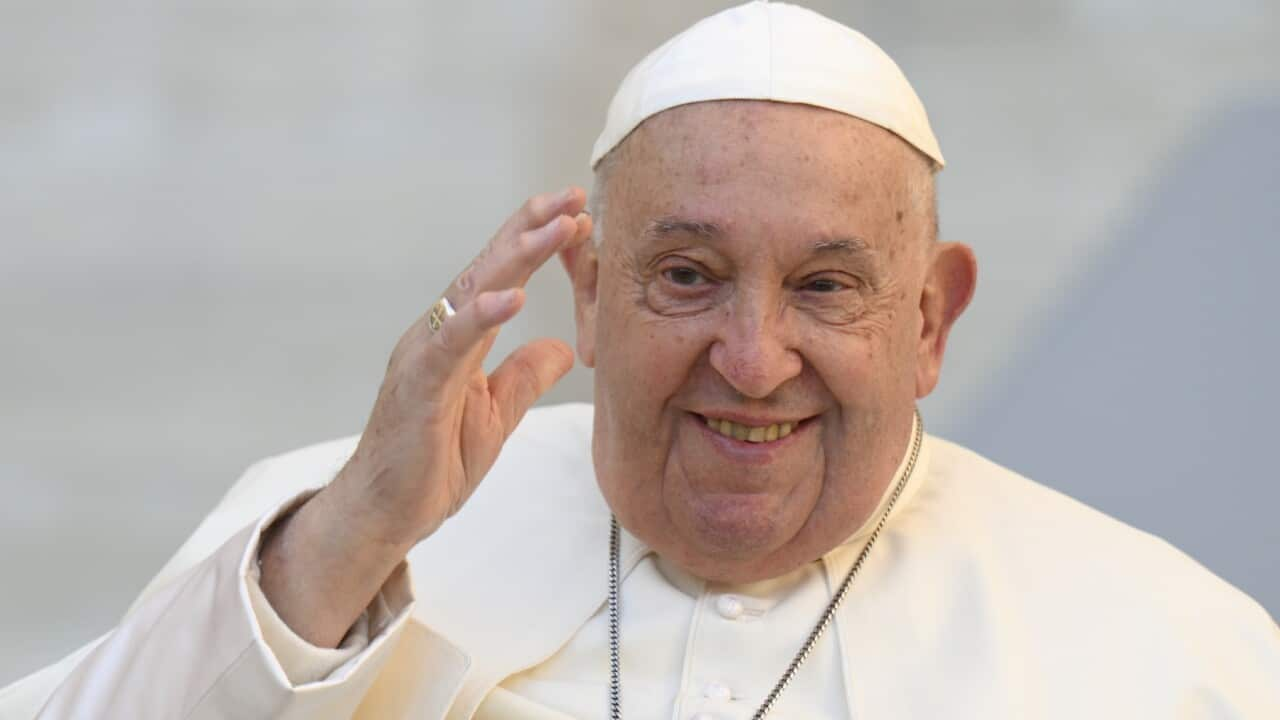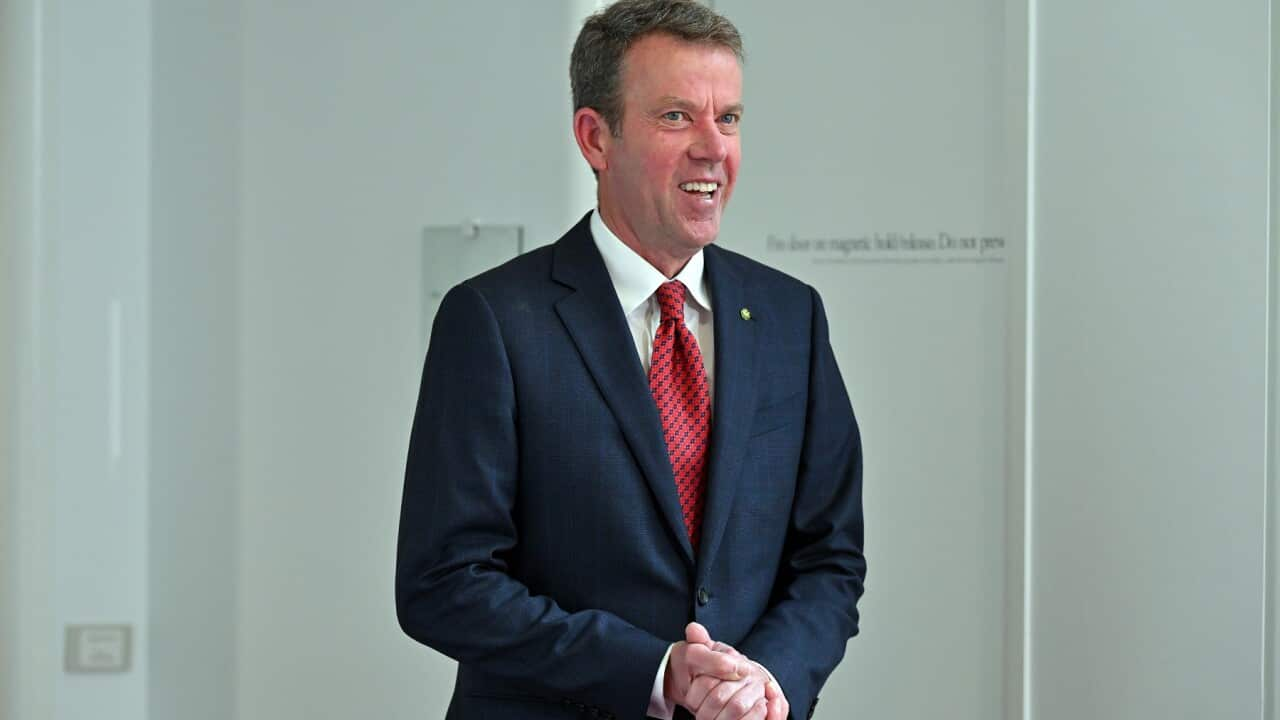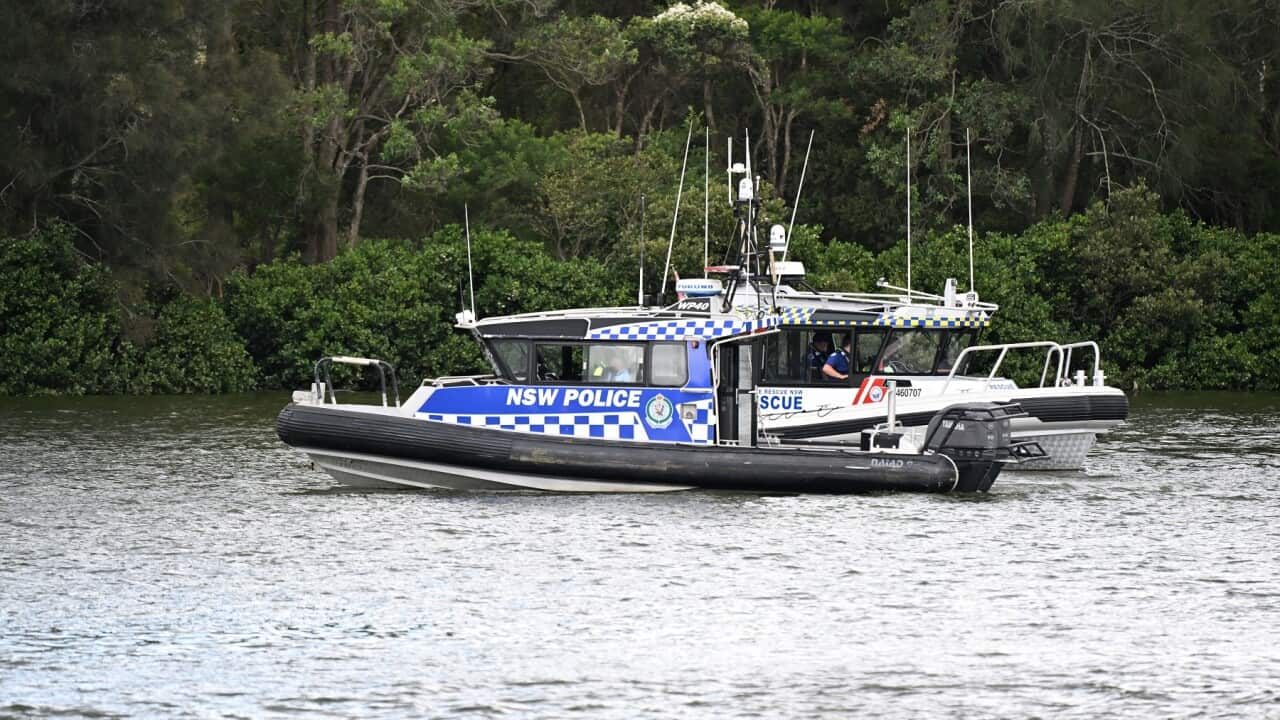TRANSCRIPT
Foreign ministers from around the world have come together as signs emerge of progress on a ceasefire between Israel and Lebanon.
Israel's ambassador to the United States, Mike Herzog, has indicated a ceasefire deal to end the fighting with Hezbollah could be reached within days.
Progress on brokering a ceasefire in Gaza and Lebanon have been top of the agenda at the Group of Seven meeting outside Rome.
It's the last G7 meeting of United States President Joe Biden's administration, with pressure building to make diplomatic progress in both the Middle East and Ukraine before the new administration comes into effect.
White House National Security Communications Advisor John Kirby says a ceasefire deal between Israel and Lebanon remains a priority for Mr Biden, whose presidential envoy Amos Hochstein has made progress.
"I can tell you that the discussions that Amos had were, were, were constructive, and we believe, that the trajectory of this is going in a very positive direction. But, yeah, nothing is done until everything is done. Nothing's all negotiated to everything is negotiated. And, you know, we need to keep at the work to see it through so that, that we can actually get the cease fire for which we've been working for for so long and so hard."
Israeli officials say Prime Minister Benjamin Netanyahu’s security cabinet is convening to discuss the potential ceasefire.
A 60-day truce is proposed and is said to include the withdrawal of Israeli forces from southern Lebanon and an end to the Hezbollah presence in the area.
But the remaining issues include an Israeli demand to reserve the right to act, should Hezbollah violate its obligations under the emerging deal.
Israeli Ambassador to the United Nations Danny Danon says it's an essential part of the deal.
"So we are moving forward on this front. As I said that many times, you know, our goal was very clear, which is to push Hezbollah north of the Litani River. We haven't finalised it, but we are moving forward. I assume that the cabinet will meet to discuss it. And I think for us, it's important what will happen after. That Hezbollah will not be allowed to come back to the fence. And we will do whatever is necessary to guarantee it. We learned the lessons from 2006."
Ministers from Canada, France, Germany, Italy, Japan, the United Kingdom and the United States are attending a G7 meeting outside Rome.
Italy's foreign affairs minister, Antonio Tajani, is pushing for unity in the West Bank and Gaza.
“We need to unify the West Bank and Gaza. We are in favour and we want to work for a Palestinian state. Our strategy is two peoples, two states. We are also ready to send in Italian soldiers under the United Nations flag, a military mission as UNIFIL for the reunification of Gaza.”
Lebanon's health ministry says Israeli attacks have killed almost 4,000 people in Lebanon, without distinguishing between civilians and combatants, and forced more than one million people from their homes.
Israeli authorities say Hezbollah strikes have killed 45 civilians and at least 73 Israeli soldiers.
In Gaza, conditions are worsening with heavy rain flooding the tent encampments of displaced Palestinians.
The United Nations says half a million people are threatened by the sewage flood, and cold temperatures will take a toll on thousands of malnourished people.
UN envoy for the office of the Middle East Peace Process, Muhannad Hadi, has warned against further escalations in the area.
"Access to humanitarian aid remains a daily struggle and involves huge personal risks. Looting of humanitarian supplies by Palestinians is intensifying and becoming more organised and more violent. As we confront enormous challenges in Gaza, we are also witnessing the increasingly dangerous dynamics unfolding in the occupied West Bank, including East Jerusalem. Violence has continued at alarming levels."
